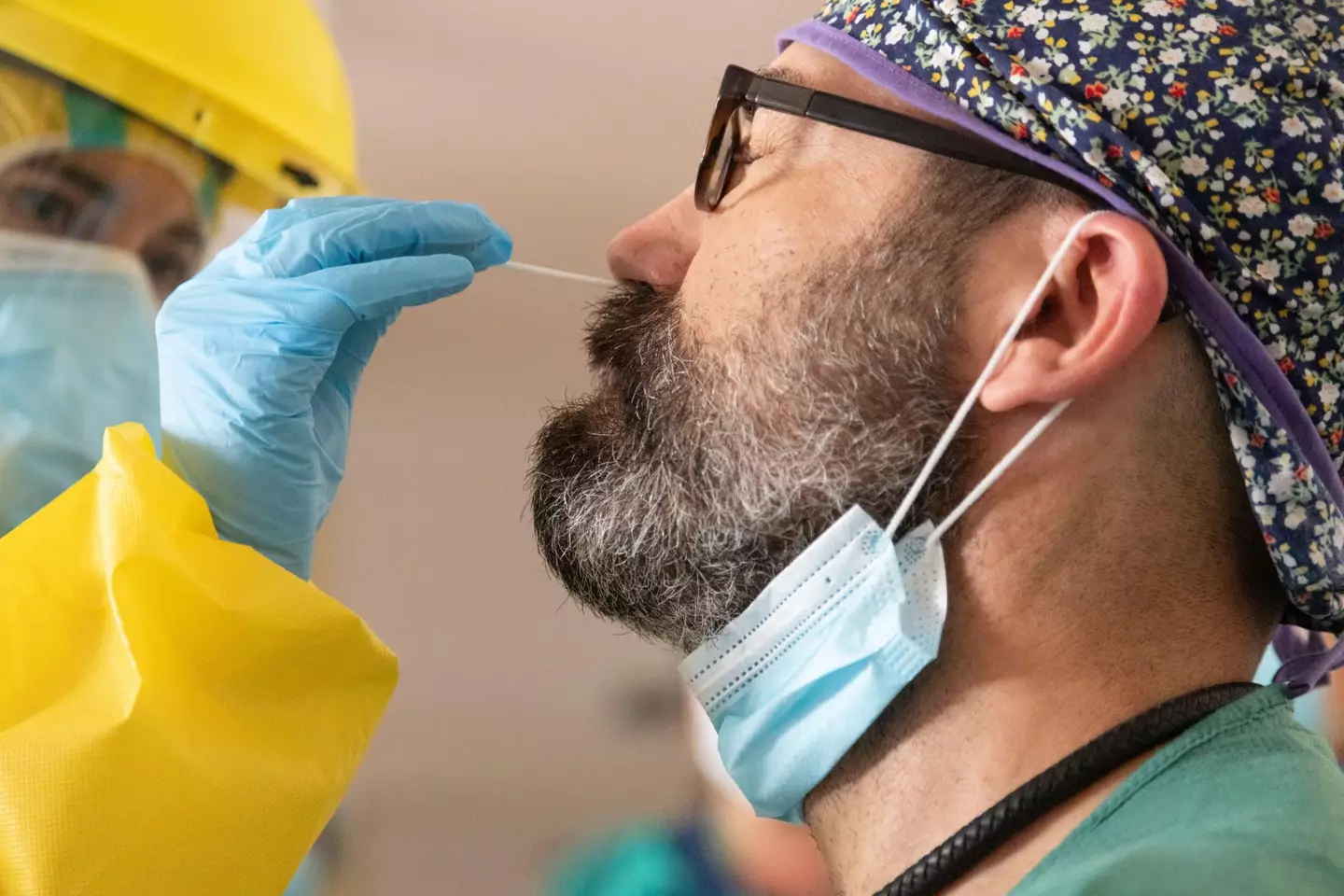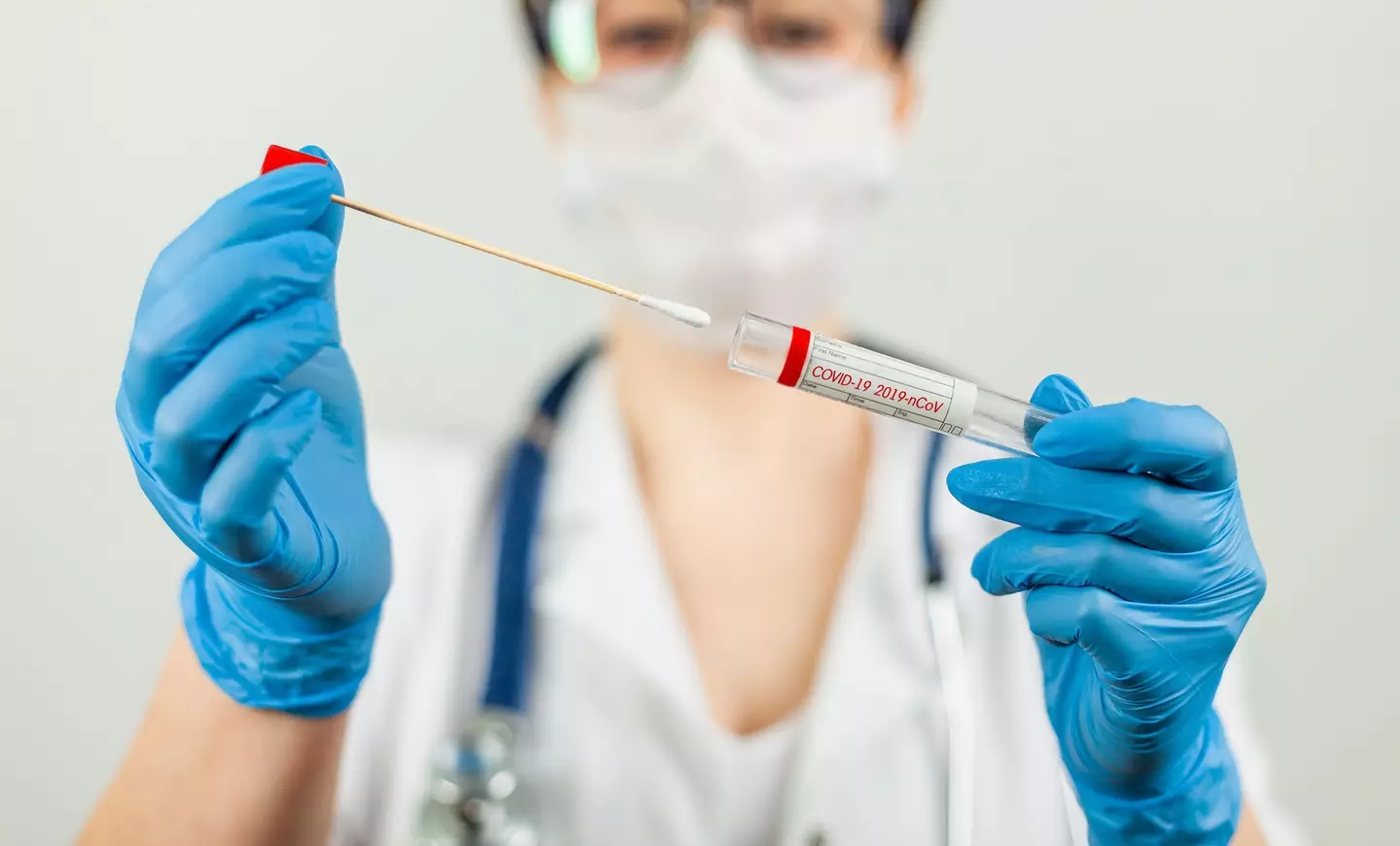
A new Covid variant has been found in the UK, with hundreds of cases already detected.
Experts recently warned of a new Omicron strain - BA.2 - otherwise known as 'stealth' Omicron, that was on the rise and much harder to detect.
Well, the UK Health Security Agency (UKHSA) has now revealed that another variant, Omicron XE, has been detected in 637 people.
A mutation of the Omicron BA.1 and BA.2 strains, XE is thought to be more transmissible than stealth Omicron, though there is not yet much data to go on.
Advert
According to a report from the World Health Organisation last week, the first case of XE was recorded in the country on 19 January.

It read: "Early-day estimates indicate a community growth rate advantage of 10 percent as compared to BA.2, however this finding requires further confirmation.
"XE belongs to the Omicron variant until significant differences in transmission and disease characteristics, including severity, may be reported."
Yesterday (4 April), the UKHSA backed up the figures, reporting that XE's growth rate was 9.8 percent higher than BA.2.
Advert
However, it warned that more research needs to be done because a lack of consistent data has meant that 'it cannot yet be interpreted' fully.
The body said: "Numbers were too small for the XE recombinant to be analysed by region."

The NHS recently added more symptoms to its official list.
The new symptoms now include: shortness of breath; feeling tired or exhausted; an aching body; a headache; a sore throat; a blocked or runny nose; loss of appetite; diarrhoea; and feeling sick or being sick.
Advert
These are as well as the three symptoms typically associated with the illness: a high temperature; a new, continuous cough; and a loss or change to your sense of taste or smell.
At the bottom of the list the NHS notes: "The symptoms are very similar to symptoms of other illnesses, such as colds and flu."

The health service still maintains its general guidance to stay at home and avoid contact with people if you have symptoms of Covid, and either a high temperature or if you 'do not feel well enough to go to work or do your normal activities'.
This comes after universal testing for Covid came to an end this month, meaning people will now have to pay if they want to get a lateral flow test.
Advert
It forces part of the UK government's 'Living with Covid' plan, with the virus now being treated like other respiratory infections.
However, despite the changes, free testing will still be available to patient-facing staff in the NHS and NHS-commissioned independent healthcare providers.
Staff in hospices and adult social care services will also be eligible for free tests, as well as staff in some prisons, a small number of care home visitors who provide personal care and staff in high-risk domestic abuse refuges and homelessness settings.
Topics: Coronavirus, UK News, Science, Health